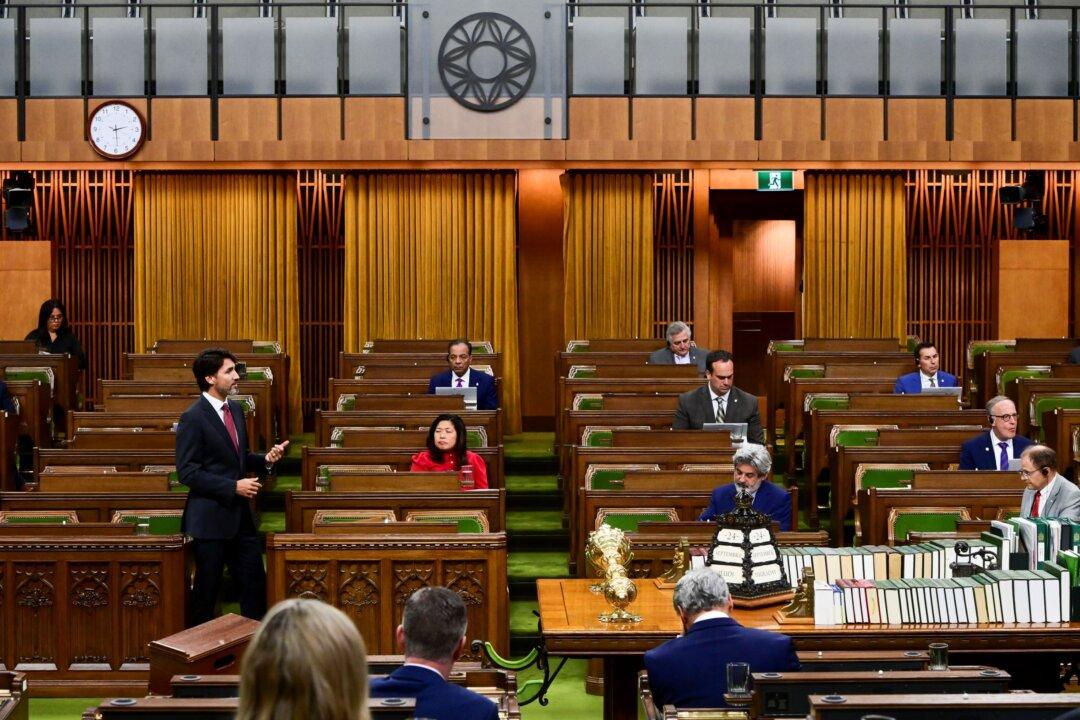News Analysis
Prominent national politicians have accused their fellow politicians of racism or sexism in recent weeks, but the justification for those labels is often unclear.

Prominent national politicians have accused their fellow politicians of racism or sexism in recent weeks, but the justification for those labels is often unclear.